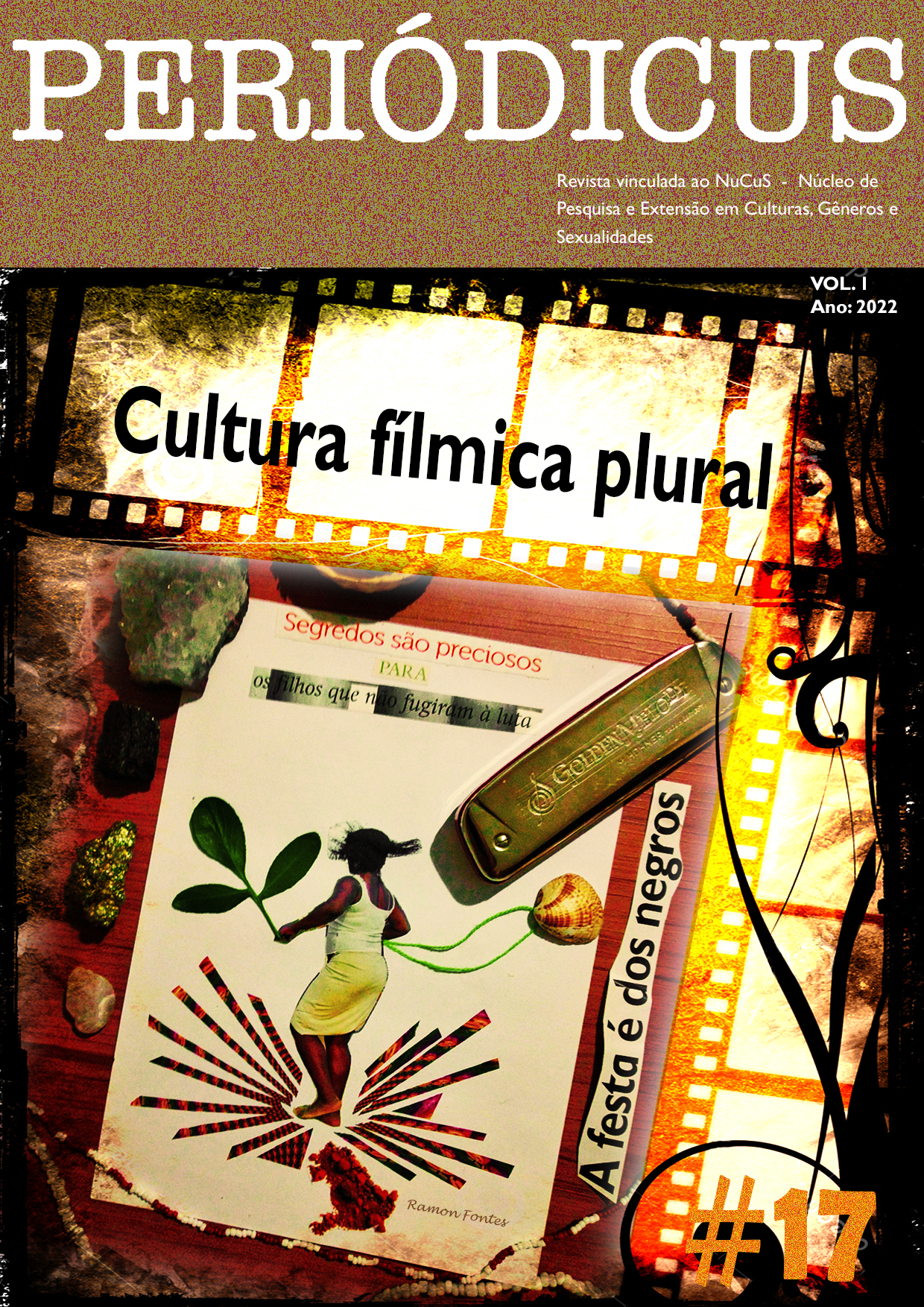“Gender detransition” as transit and wandering
opening to new corporealities
DOI:
https://doi.org/10.9771/peri.v1i17.45627Abstract
This article has as its central theme the processes that have been called “gender detransition”. For its realization, six videos were used in the digital platform of Youtube, in which two of them are self-reports of the personal experiences of the processes of “detransition” and four of interviews also on this theme. These materials were discussed using the method of Foucault's Discourse Analysis. Our debates revolved around some main points, involving certain issues internal to the trans* field, such as the dispute over the political subject. In addition, we approached other points, such as gender norms and their subversion movements, and we sought to map the studies on “gender detransition” in Brazil, bringing to the discussion also an American author. Our proposal is to think about gender in its transits, understanding certain processes as movements of body wandering.
Downloads
Downloads
Published
How to Cite
Issue
Section
License
Copyright (c) 2022 Carolina Franco Brito, Maria Juracy Filgueiras Toneli, João Manuel de Oliveira

This work is licensed under a Creative Commons Attribution-NonCommercial 4.0 International License.
Autores que publicam nesta revista concordam com os seguintes termos:
Autores mantêm os direitos autorais e concedem à revista o direito de primeira publicação, com o trabalho simultaneamente licenciado sob Licença Creative Commons Attribution Noncommercial que permite o compartilhamento do trabalho com reconhecimento da autoria e publicação inicial nesta revista, sendo vedado o uso com fins comerciais.
Autores têm autorização para assumir contratos adicionais separadamente, para distribuição não-exclusiva da versão do trabalho publicada nesta revista (ex.: publicar em repositório institucional ou como capítulo de livro), com reconhecimento de autoria e publicação inicial nesta revista.
Autores têm permissão e são estimulados a publicar e distribuir seu trabalho online (ex.: em repositórios institucionais ou na sua página pessoal) a qualquer ponto antes ou durante o processo editorial, já que isso pode gerar alterações produtivas, bem como aumentar o impacto e a citação do trabalho publicado (Veja O Efeito do Acesso Livre).







